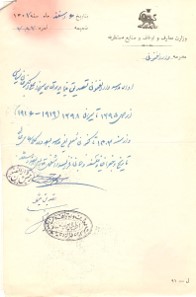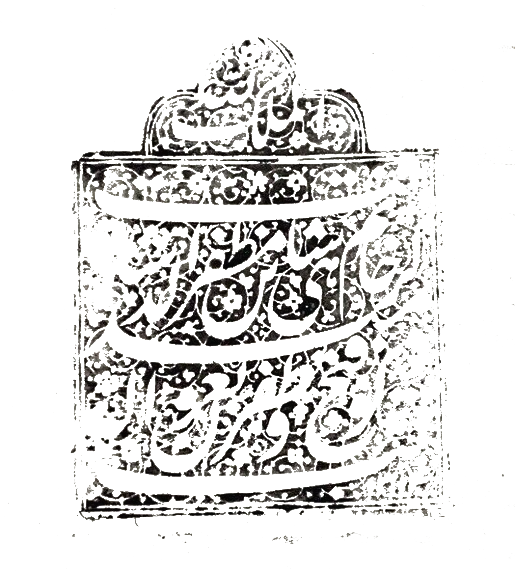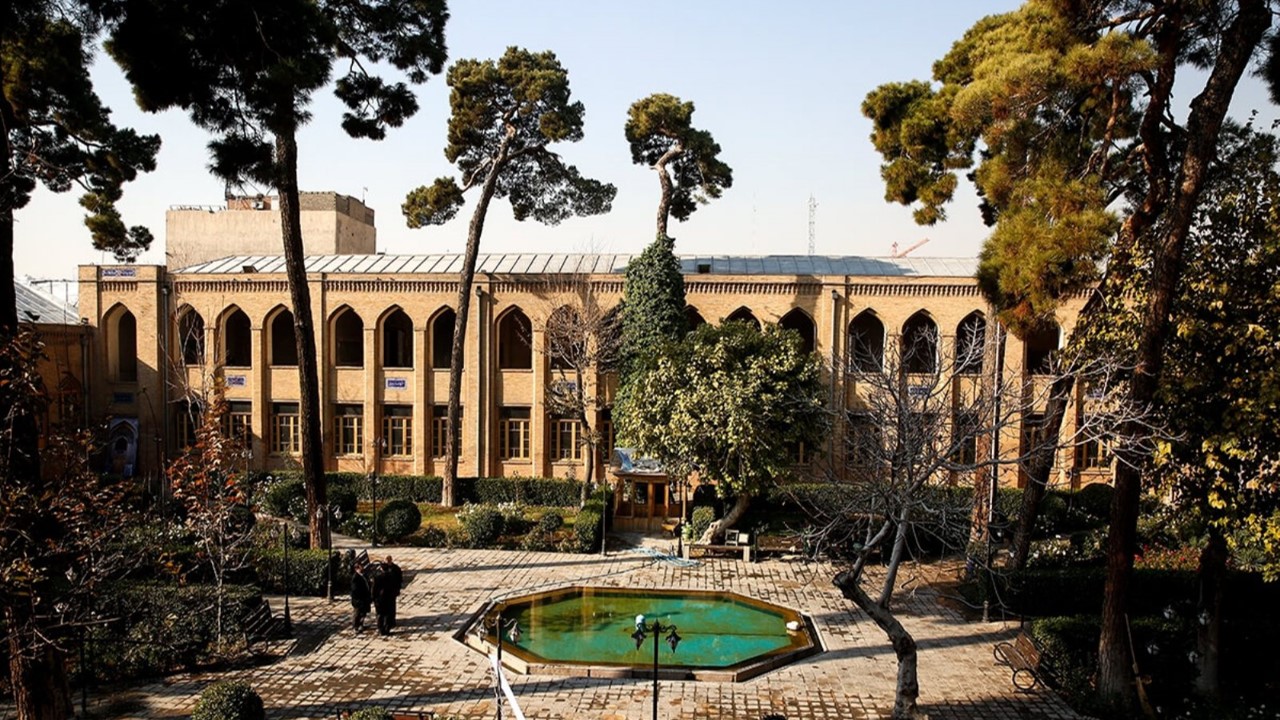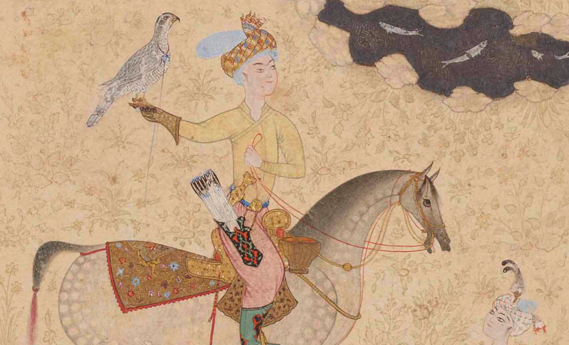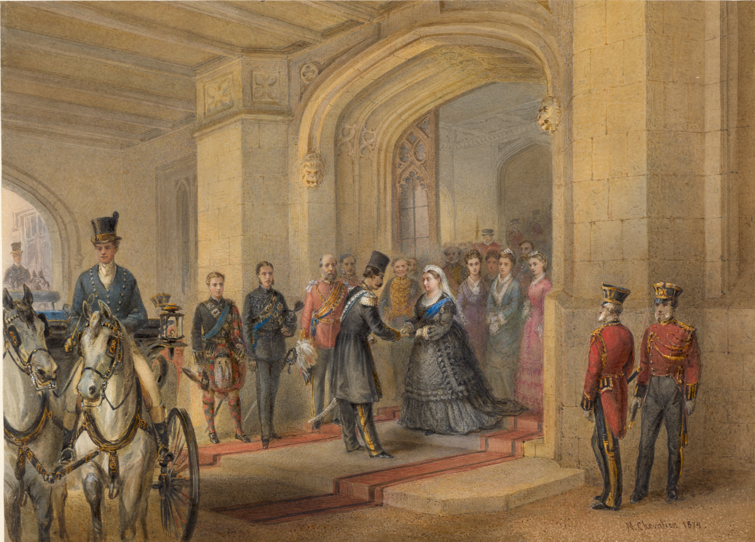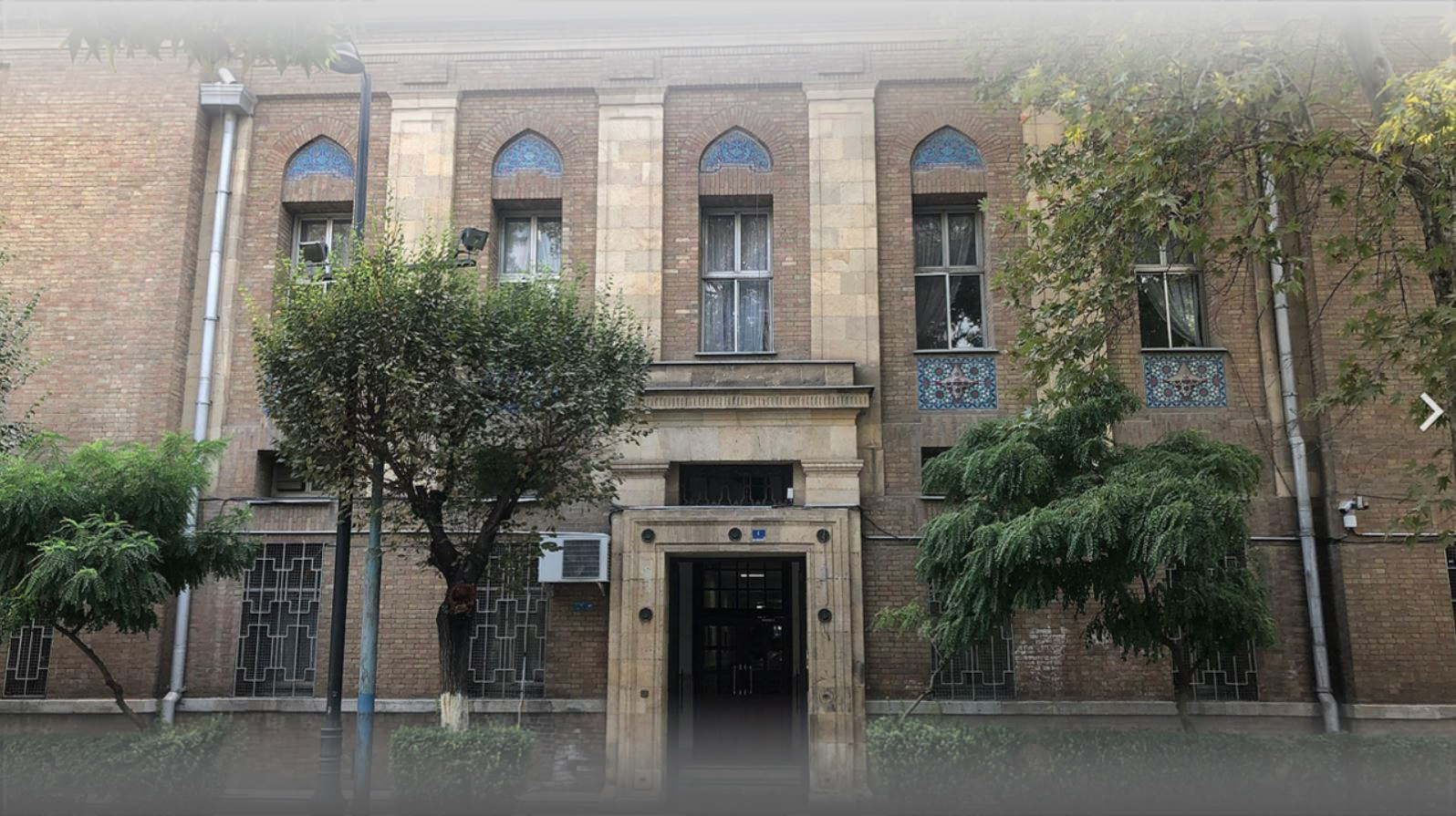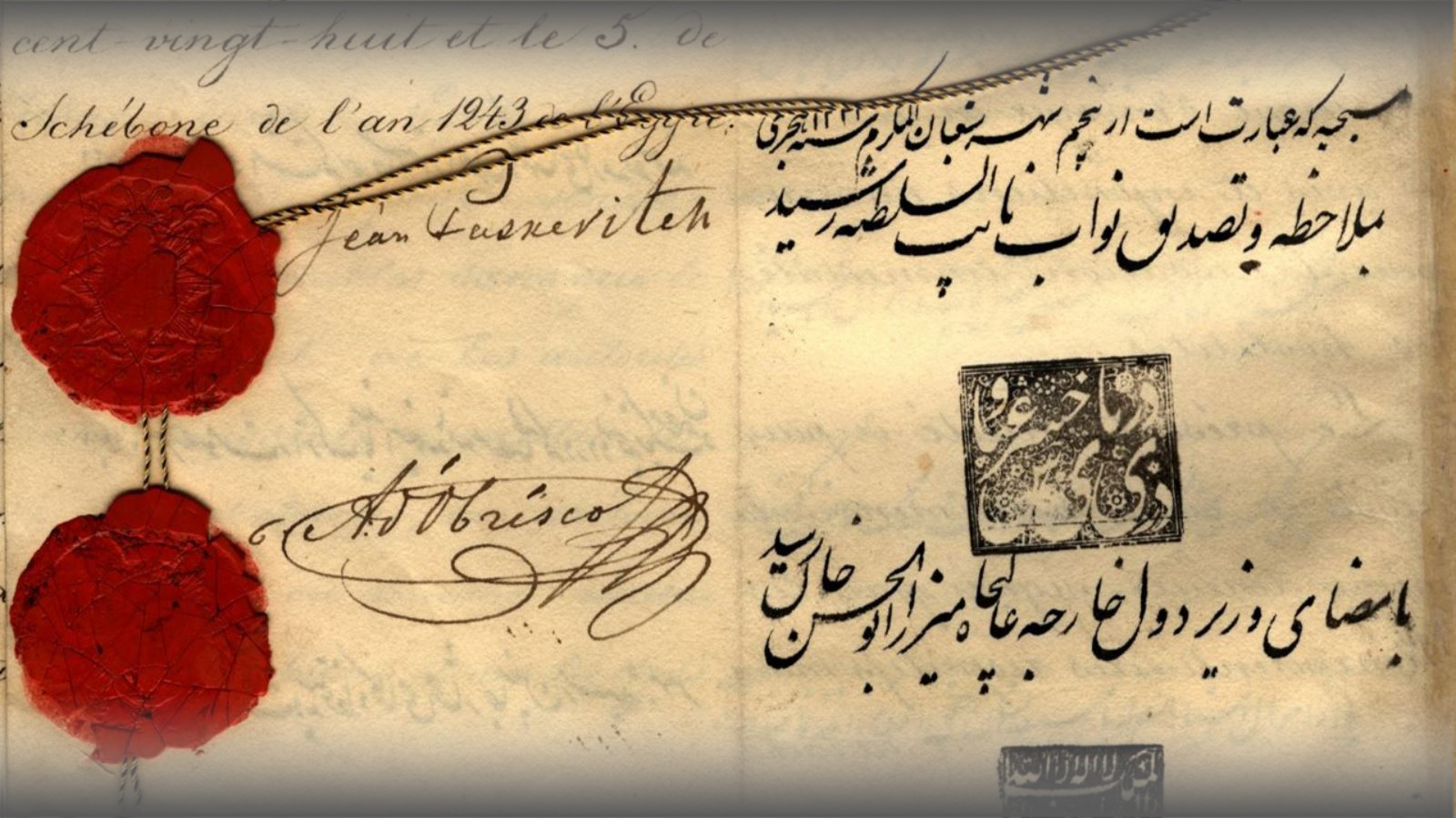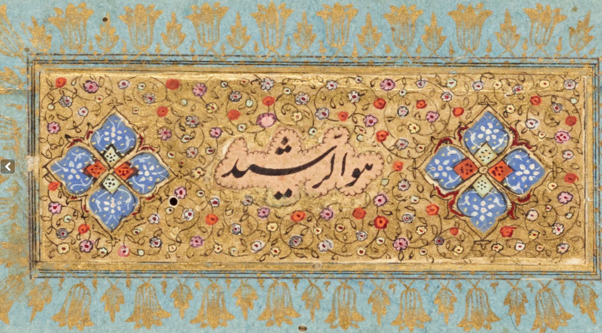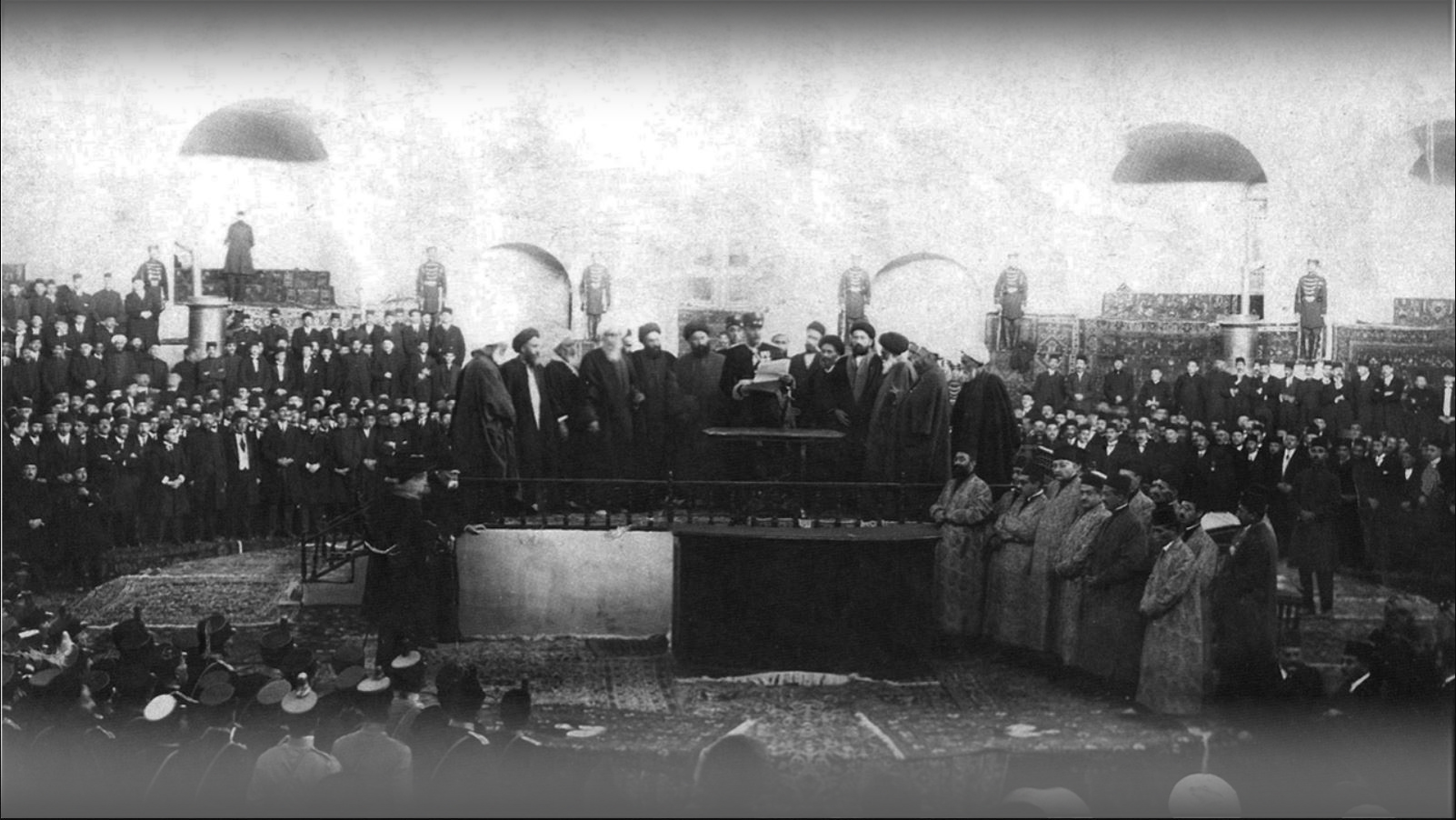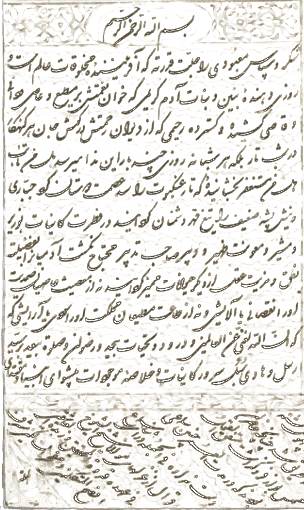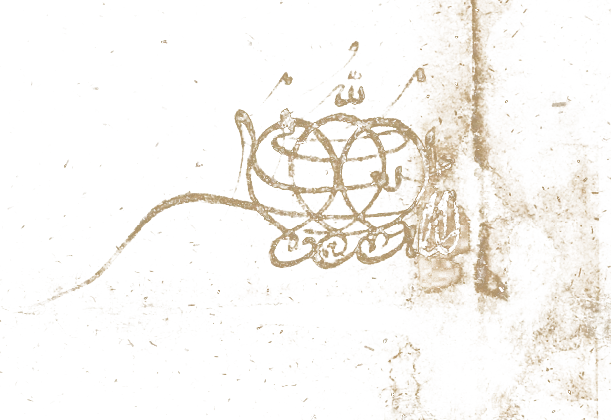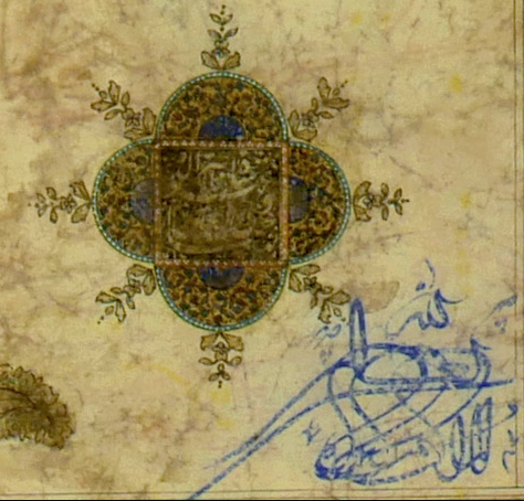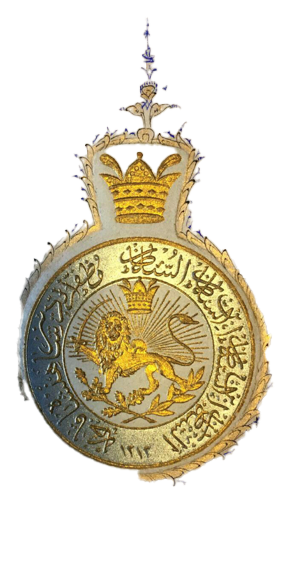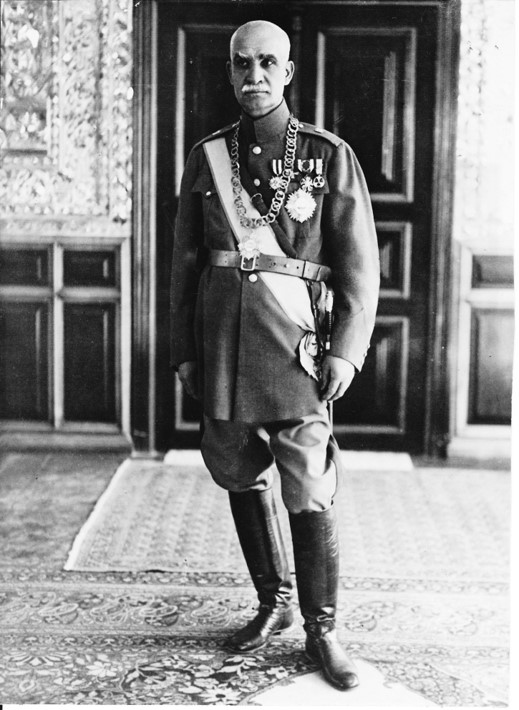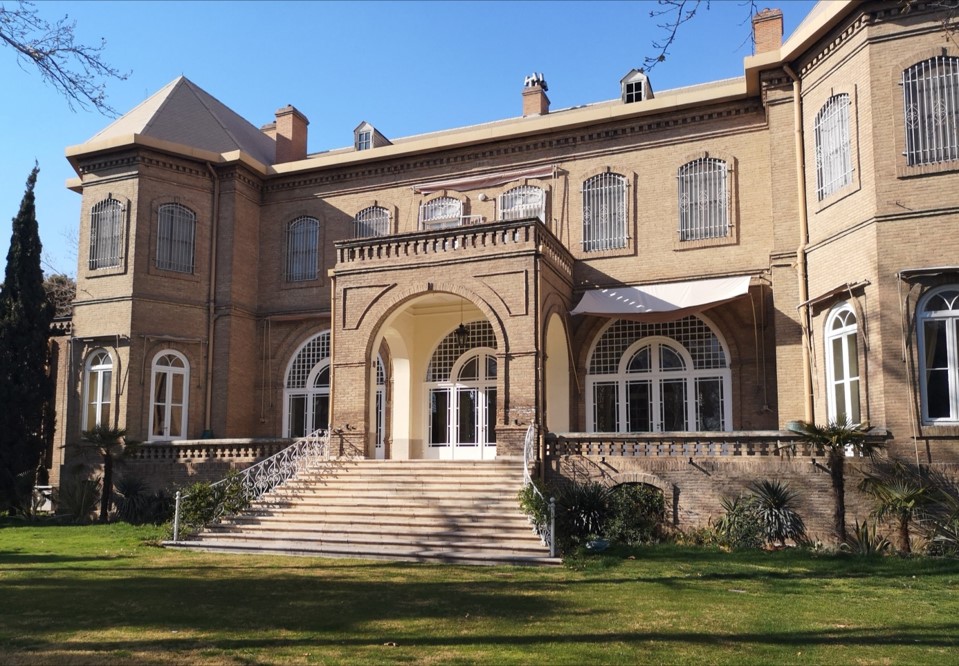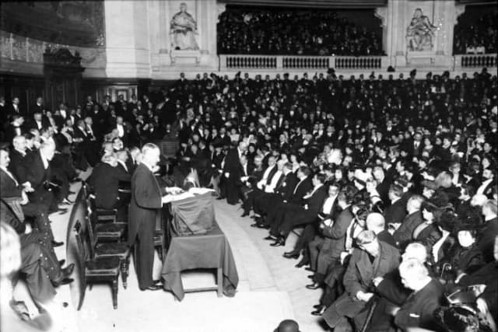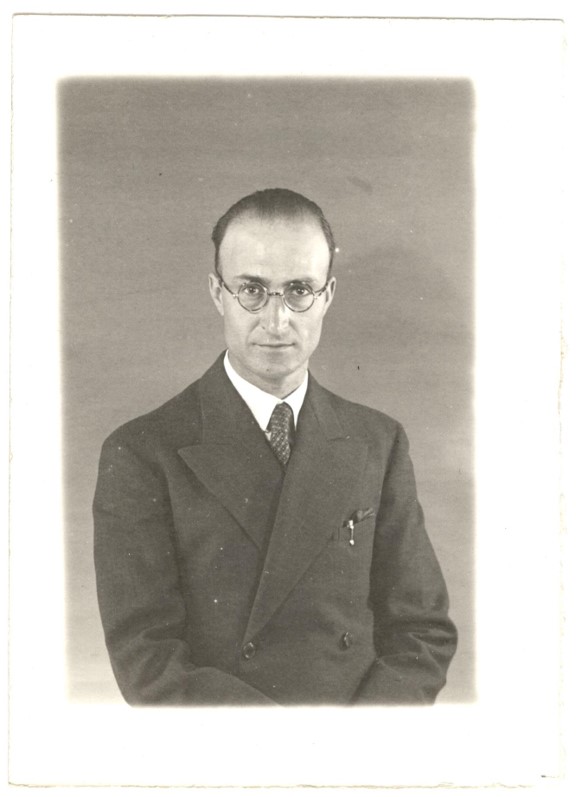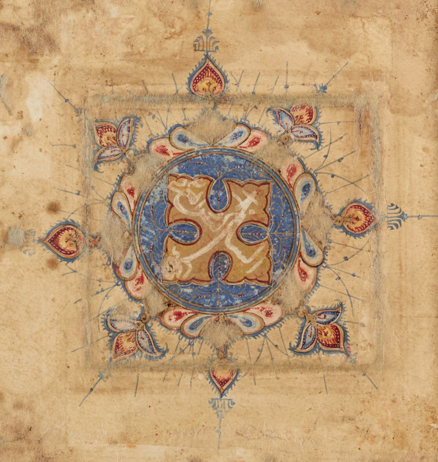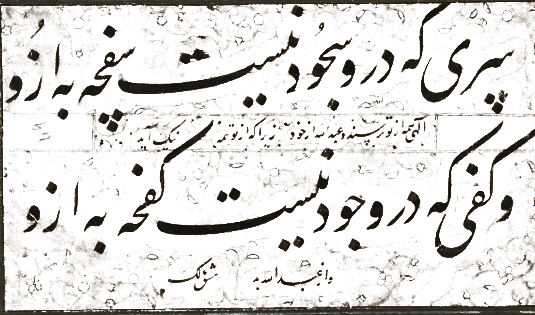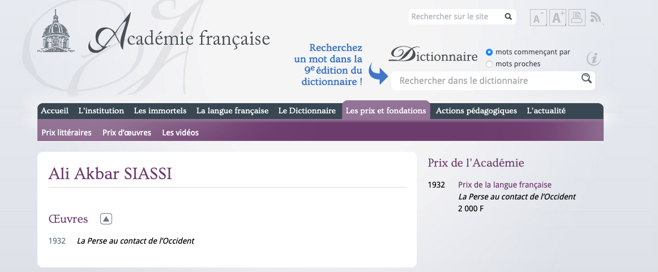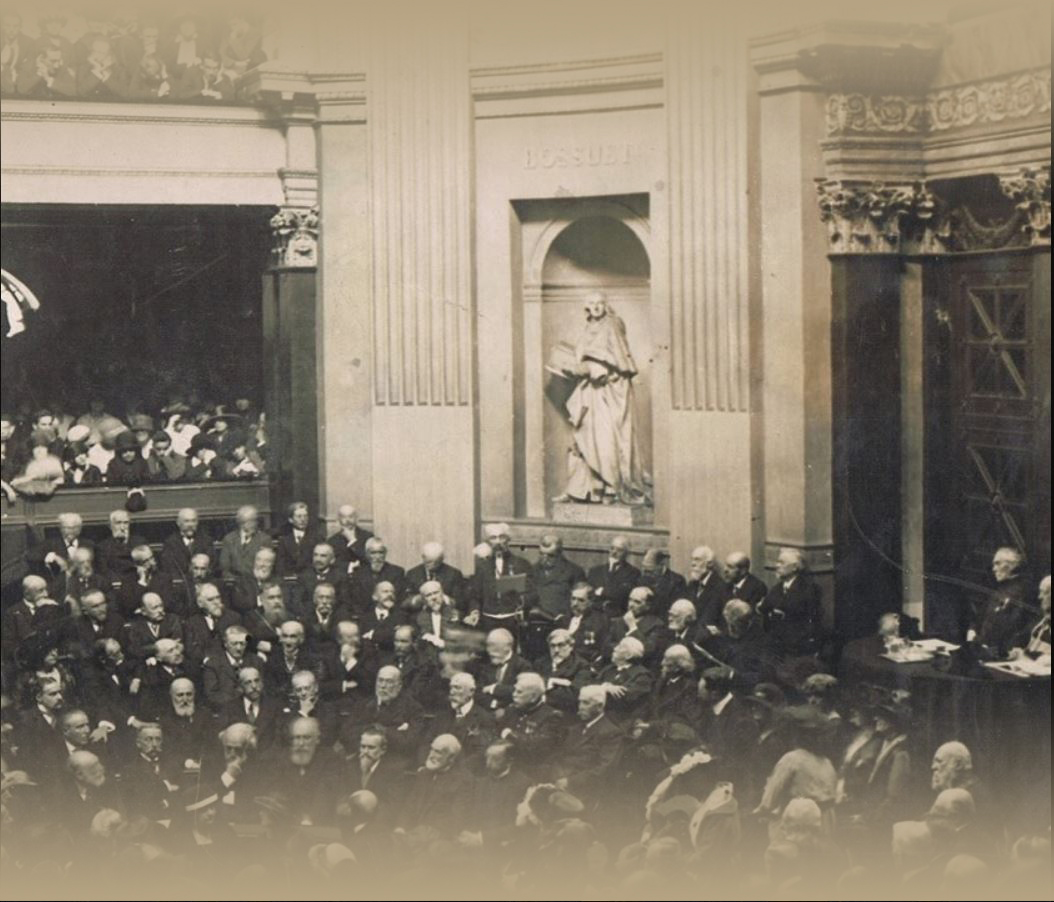This was a synopsis of Iran before the Solar year of 1300. All throughout the 19th century until the communist revolution of 1917 when Imperial Russia became Communist Russia, the policy of the British Empire was to keep Iran dependent, backwards, poor, and without highways, as a buffer between Russia and its largest colony, India. This political tactic was put into play by Britain when Napoleon was planning to pass his army through Iran to conquer India.
However, after Russia’s revolution in 1917 the communist government’s attention to its southern borders, especially Iran, forced Britain to change its political strategy on Iran completely. Poverty of the Iranians with the encouragement and incitement of Russia might have led to communism in Iran. Colonized and poverty-stricken India, then might have been swayed toward communism too.
To prevent such a possible undesirable outcome, England with a look to future decided to use the opportunity, while Russian government was occupied with its internal affairs, to bring Iran under its complete control. Thus, it reached agreement with Iran’s Prime Minister Vusoogh ol-Dowleh practically handing over the (Department of Finance) and the (Military) to England.


